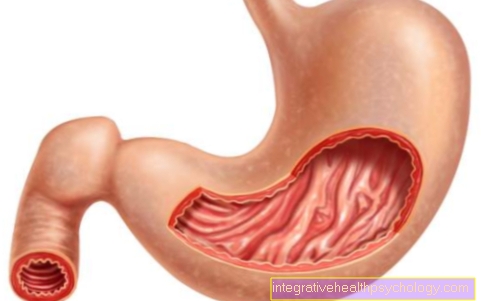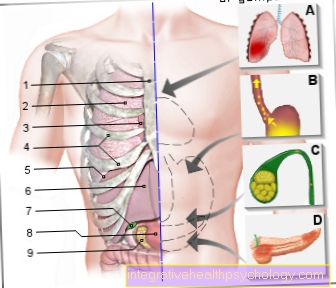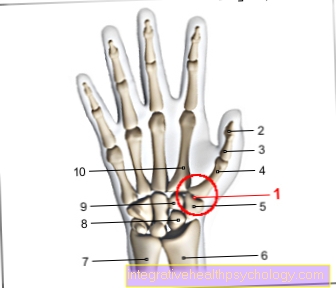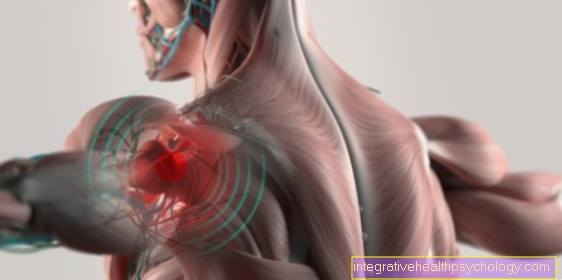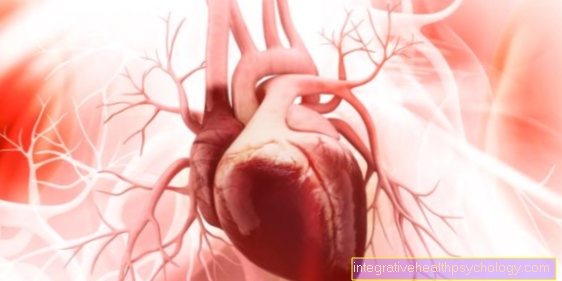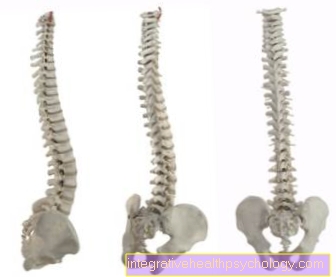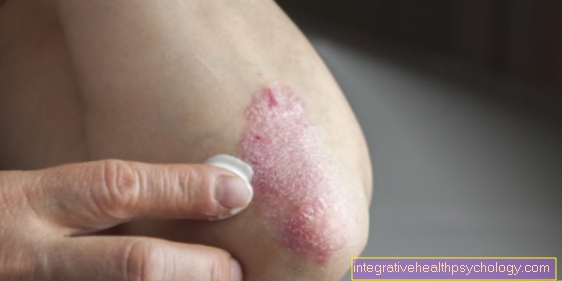Oxytocin nasal spray
Introduction - What is Oxytocin Nasal Spray?
Oxytocin is a hormone made by the pituitary gland in humans. Administered as a nasal spray, the effects of the hormone can easily be used over a longer period of time.
Oxytocin is also referred to as the “cuddle hormone” because it is released during childbirth, mother-child bonding, but also during couple bonding and, among other things, mediates emotional bonding. Because of these interesting effects, the question of the extent to which these effects can be used as drugs has long been investigated.

Indications
It is hoped that it will be used in clinical practice in the treatment of children with autism who have difficulties in empathizing emotionally with other people or in forming bonds.
Since autistic people often have low oxytocin levels, studies are attempting to improve symptoms through the use of oxytocin. However, it has been described in animal experiments that long-term ingestion results in reduced long-term emotional attachment. Therefore, further study results must be awaited before a well-founded assessment of the effect on autism is possible.
Oxytocin nasal spray has not been approved in Germany since 2008. There is currently no indication for the use of Oxytocin nasal spray - i.e. no approved field of application.
The reason for this is that there are insufficient data on the efficacy and drug safety for possible areas of application. Therefore, prescribing oxytocin nasal spray is “off-label”, ie outside the approved indication, and is therefore the special responsibility of the prescribing doctor.
Find out more about the topic at: Oxytocin deficiency
Active ingredient, effect
The active ingredient of the oxytocin nasal spray is the hormone oxytocin. Oxytocin has two important physical effects:
- the contraction of the uterus during childbirth and afterbirth
- the contraction of the muscle cells in the milk ducts of the female breast that trigger the flow of milk.
The latter effect is mediated in a reflex which, via contact stimuli when sucking the baby, leads to a release of oxytocin in the pituitary gland. The contraction of the uterus is used therapeutically, and birth can be initiated with an oxytocin infusion.
If the uterus does not contract sufficiently during the afterbirth, oxytocin can help reduce the risk of life-threatening bleeding. Oxytocin has a few other physical effects, such as lowering blood pressure and stress hormone levels.
On a psychological level, oxytocin is involved in the formation of personal bonds, trust, love and loyalty.
Sensory perceptions such as hugs, caresses and sex are accompanied by a release of oxytocin, which leads to calming, well-being and bonding to the people involved.
You can read detailed information about the active ingredient of the Oxytocin nasal spray here: Oxytocin
What influence does it have on milk production?
Oxytocin has no significant direct influence on milk production.
By contracting muscle cells in the mammary glands, the stored milk is released, whereas the production of milk is mainly regulated by the hormone prolactin.
Side effects
Possible side effects of oxytocin as an infusion include:
- Increase in blood pressure
- Fast or slow heartbeat
- Cardiac arrhythmias
- Nausea and vomiting
- a headache
- Continuous contractions of the uterus
This article might also interest you: Dependence on nasal spray
interaction
Oxytocin can interact with other drugs.
Particularly noteworthy is the intensifying effect in combination with other drugs that promote labor such as prostaglandins or ergot alkaloids. In combination with the latter, it can also lead to a life-threatening high blood pressure crisis.
Oxytocin nasal spray and alcohol - are they compatible?
There are no known interactions between oxytocin and alcohol, so it is not necessary to abstain from alcohol when using oxytocin spray.
What does alcohol do in the human organism? Read more about this topic under: Effect of alcohol - influence on various organs
Effectiveness of the pill
There is no information that suggests that the pill is less effective.
However, it should be remembered that, due to the lack of approval, there is no comprehensive information about the drug, so no one can guarantee that the pill will work without restrictions. If in doubt, the prescribing doctor should be asked.
Find out everything about the subject of pills here: What drugs affect the effect of the pill
Contraindications
Oxytocin must never be used during pregnancy or childbirth, as it can induce labor (unless induction by oxytocin is desired).
Furthermore, no oxytocin may be used up to six hours after intravaginal prostaglandin administration. A possible hypersensitivity to the active ingredient must also be considered.
dosage
Since Oxytocin nasal spray has no approved field of application, there is no recommendation for its dosage and no reliable data that allow a reliable dosage recommendation. When prescribing oxytocin nasal sprays, the recommended dosage of the prescribing doctor should therefore be observed.
price
Since there is currently no approval for the drug, it is not sold ready-made. The only purchase option is the manufacture of oxytocin nasal spray by a pharmacist. The cost of this cannot be generalized.
Is this available without a prescription?
Oxytocin nasal spray is not available without a prescription.





